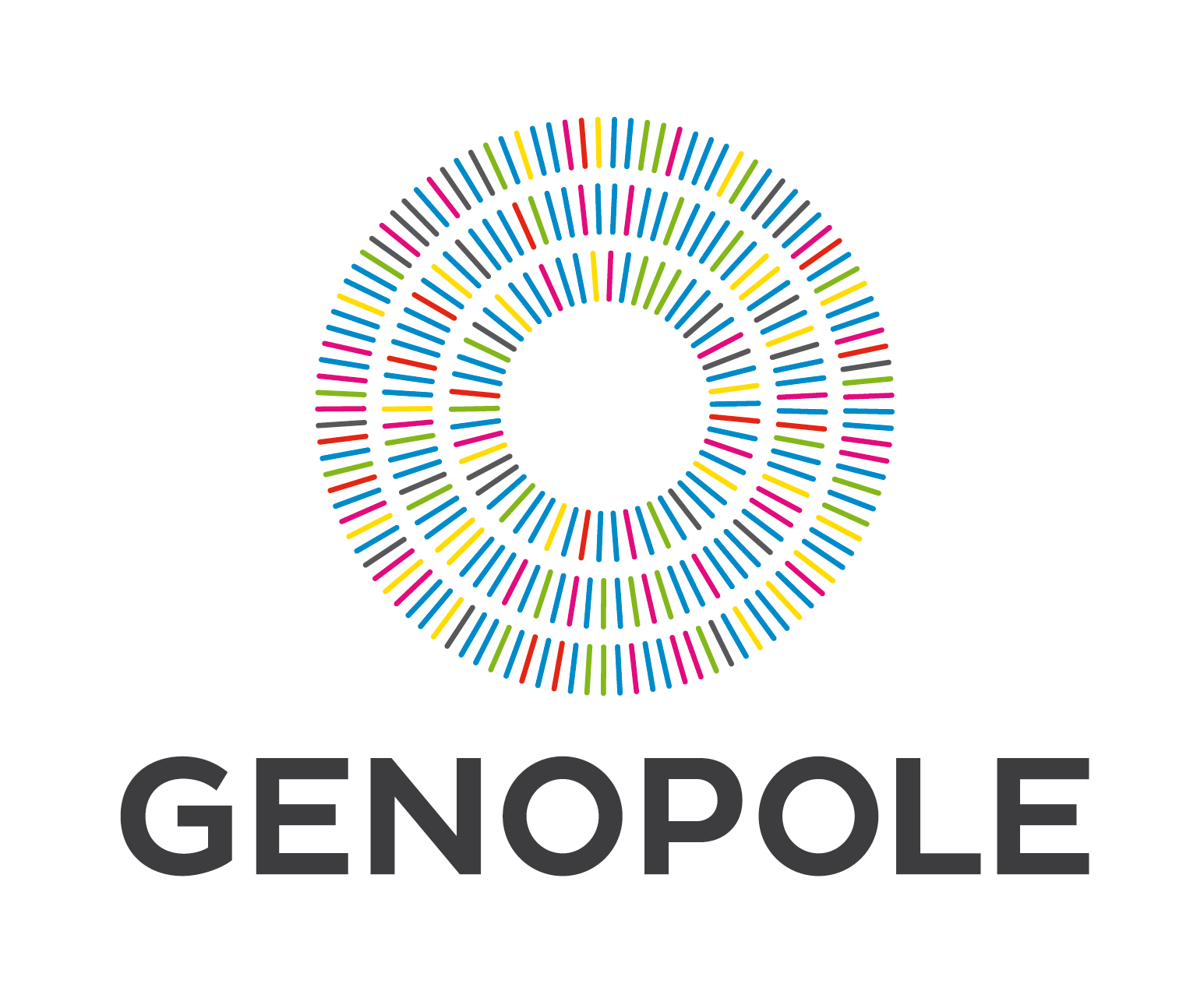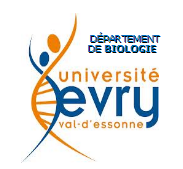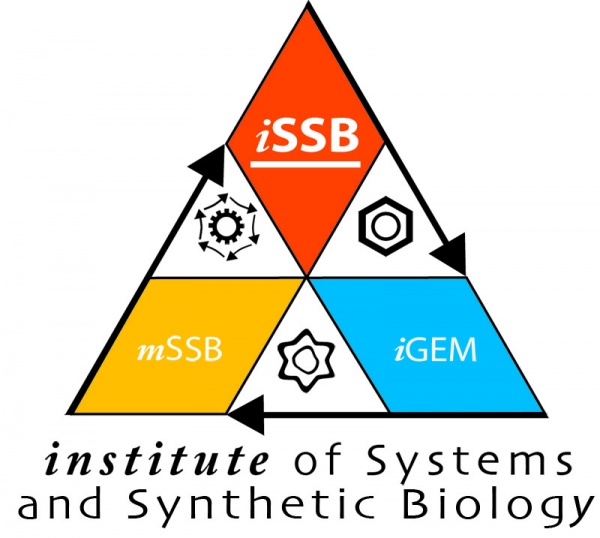Team:Evry
From 2013.igem.org
m |
|||
| Line 19: | Line 19: | ||
<p> | <p> | ||
| - | This year, our project focuses on hematological disorders. More specifically, we focus on diseases | + | This year, our project focuses on hematological disorders. More specifically, we focus on diseases caused by an iron overload such as hemochromatosis and thalassemia. For hereditary hemochromatosis, the symptoms are due to the overabsorption of iron from the duodenum by the mutation of the HFE protein. However, in case of thalassemia, patients excessively absorb iron because of a subsequent metabolic perturbation. |
</p> | </p> | ||
<p> | <p> | ||
| - | Nowadays, | + | Nowadays, iron overload is mainly treated by bloodlettings for hemochromatosic patients but cannot be extended to thalassemic patients who suffer from anaemia. The aim of our project is to prevent the intestinal absorption of iron, thus acting directly at the source of the disease. |
</p> | </p> | ||
Revision as of 12:30, 20 September 2013
Welcome to the Iron coli Project Home Page

Authors
E. van der Kouwe1, 2, G. Mercy3, B. Baudu4, A. Chhun1, F. Amiot1, G. Guillocheau1, L. Le Goff5, H. Léger5, L. Ujéda6, W. Rostain7, C. Pauthenier8, T. Cerisy9, P. Parutto8, A. Tolonen9, N. Pollet10 and A. Jaramillo7
Abstract
This year, our project focuses on hematological disorders. More specifically, we focus on diseases caused by an iron overload such as hemochromatosis and thalassemia. For hereditary hemochromatosis, the symptoms are due to the overabsorption of iron from the duodenum by the mutation of the HFE protein. However, in case of thalassemia, patients excessively absorb iron because of a subsequent metabolic perturbation.
Nowadays, iron overload is mainly treated by bloodlettings for hemochromatosic patients but cannot be extended to thalassemic patients who suffer from anaemia. The aim of our project is to prevent the intestinal absorption of iron, thus acting directly at the source of the disease.
Using the Ferric Uptake Regulation (FUR) system that controls siderophore biosynthesis (iron chelator), we engineer Escherichia coli in order to produce these siderophores in response of high concentrations of iron. To reduce the patient's iron absorption, our bacteria will be placed in a capsule and will be ingested during a meal. Once it will arrive in the duodenum, our bacteria will produce the siderophore at their full potential and chelate the iron.
Affiliations
1 Université Evry Val d'Essonne
2 Faculté de Pharmacie de Lyon
3 Sup'Biotech Paris
4 AgroParisTech
5 Ecole Nationale Supérieure d'Informatique pour l'Industrie et l'Entreprise
6 Paris-Descartes
7 Synth Bio Team, Institute of Systems and Synthetic Biology
8 Bio-RetroSynth Team, Institute of Systems and Synthetic Biology
9 LGBM, Genoscope
10 Metamorphosys, Institute of Systems and Synthetic Biology
 "
"













